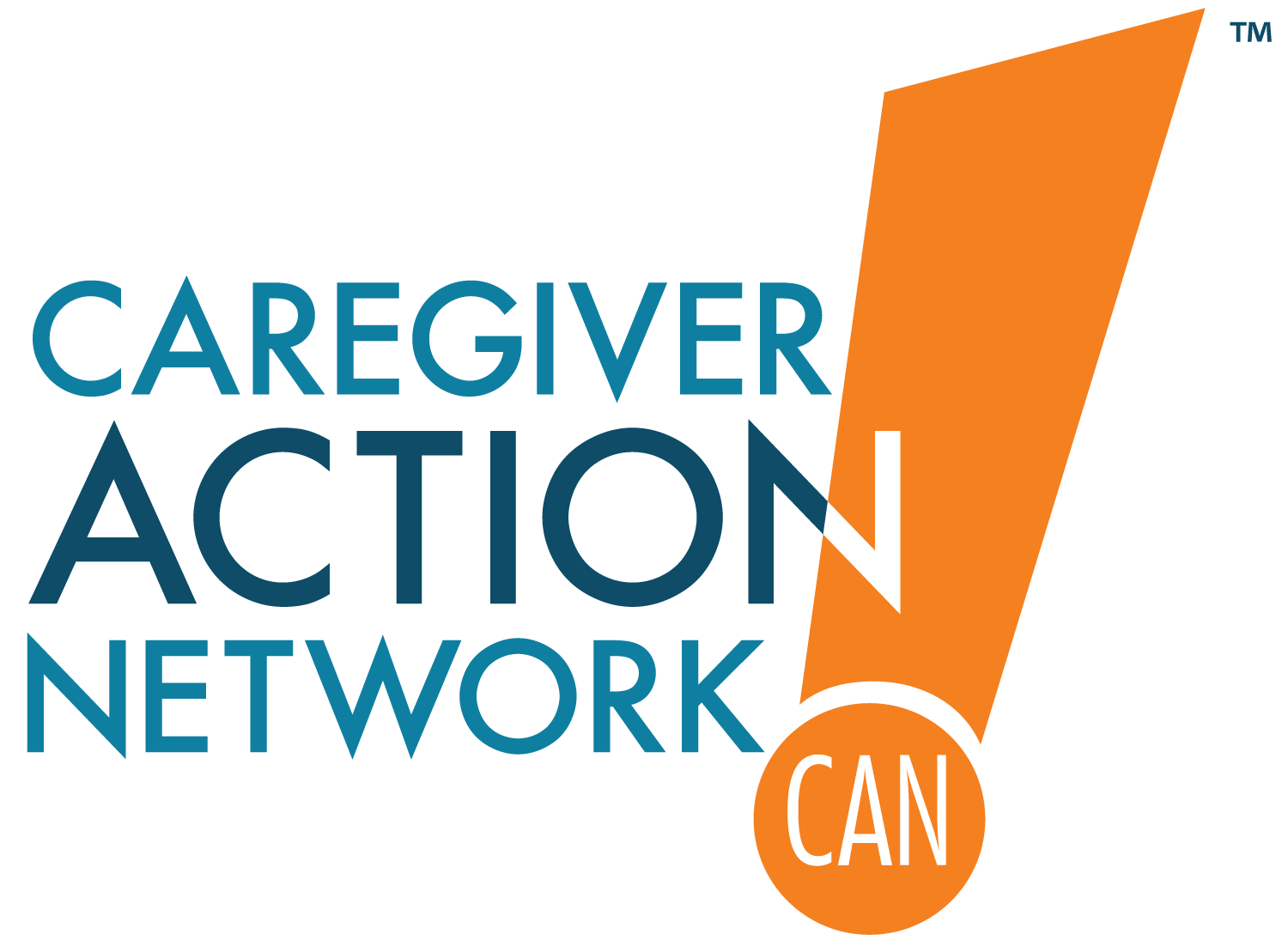Older (first-generation) antipsychotics are more likely to cause TD than newer (second-generation) antipsychotics. According to the Cleveland Clinic, at least 20% of all people who take first-generation antipsychotic medications develop tardive dyskinesia. Black or African American patients are prescribed older antipsychotics nearly twice as often and are significantly more likely to receive higher-potency medications.
Disadvantaged populations, such as those with dual eligibility for Medicare and Medicaid, are at higher risk of developing TD and face higher rates of antipsychotic prescribing. Minority populations also often face increased systemic barriers to receiving diagnosis and treatment, such as:
- Lack of diversity or cultural understanding—including language barriers—by healthcare providers
- Stigma of mental illness among minority groups
- Lack of insurance or underinsured
- Distrust in the healthcare system

